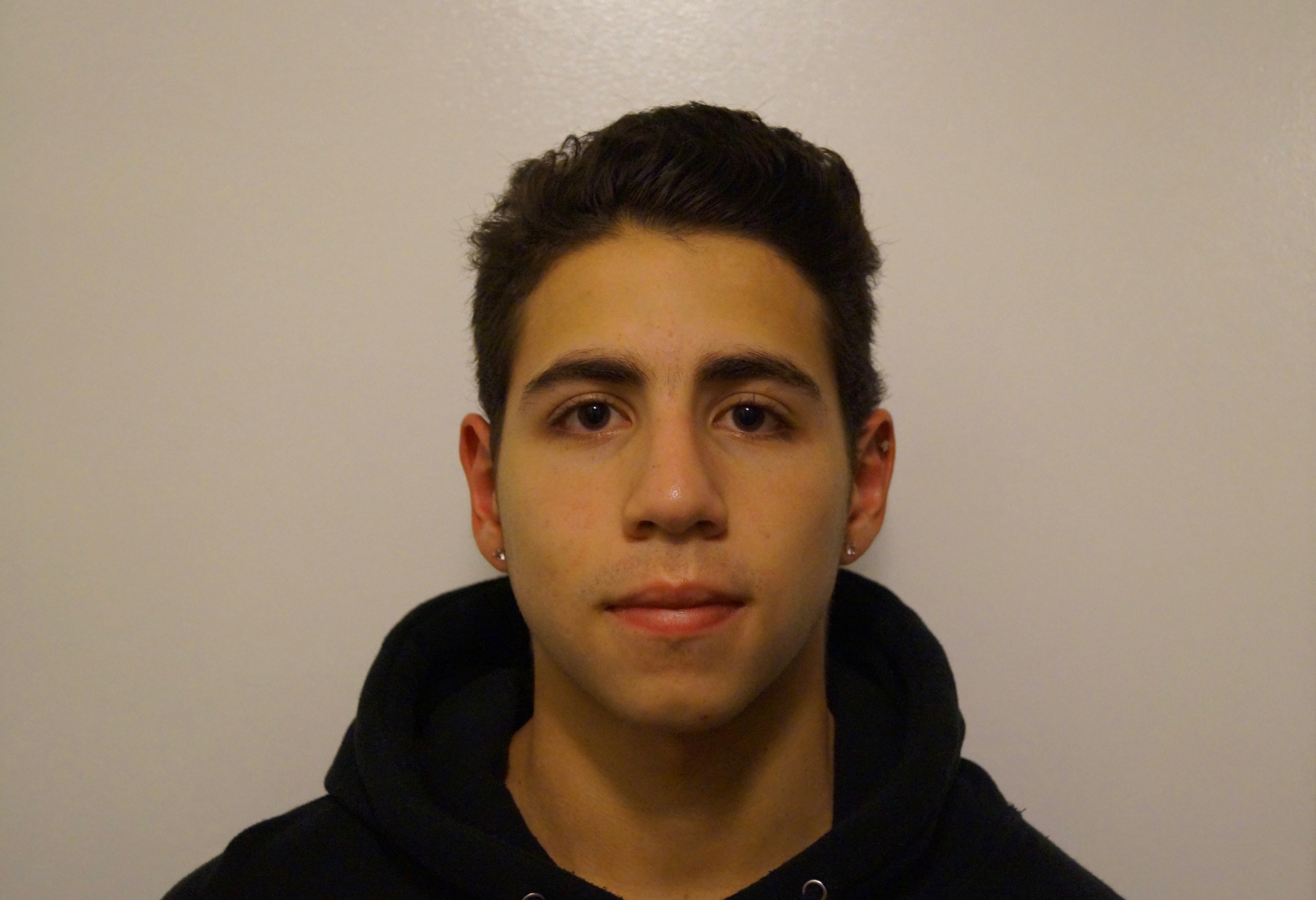Research Symposium
22nd annual Undergraduate Research Symposium
Tomas Vasquez Poster Session 2: 10:00 - 10:45/Poster #16

BIO
My name is Tomas Vasquez and I'm from the beautiful city of Tampa Bay. I was gifted with the opportunity to be apart of a research team that has exposed myself to the possibility of making changes in our society. My research interests are along the medical sciences subjects of creating cures, coming up with new ideas, expanding the knowledge of myself and society, and so many other opportunities that contribute to the change of the modern science.
Effects of Sleep Fragmentation on Alcohol Response in Drosophila Melanogaster
Authors: Tomas Vasquez, Dr. Lisa LyonsStudent Major: Interdisciplinary Medical Science
Mentor: Dr. Lisa Lyons
Mentor's Department: Department of Biological Science Program of Neuroscience Mentor's College: Program of Neuroscience Co-Presenters: Alissa Kalyan & Jesus Avila
Abstract
It is estimated that 50 to 70 million Americans suffer from sleep disturbances and circadian disorders, affecting everyday functioning and increasing the risk for drug abuse, cancers, metabolic disorders, and other diseases. Previous research has found an association between increased incidents of alcohol abuse and individuals who experience regular circadian rhythm or sleep disturbance, such as shift workers. Gaining a deeper understanding of the effect of circadian rhythm disruption on drug tolerance and recovery is a crucial first step in tackling the issue of increased alcohol toxicity and abuse in sleep fragmented populations. In this study, we investigated how sleep fragmentation affected alcohol neurobiology using Drosophila Melanogaster as a model. The high degree of molecular conservation across species and the stereotypical alcohol behaviors from drosophila to humans make drosophila an ideal model organism for studying sleep and alcohol response. We studied two sleep fragmentation paradigms over four days of fragmentation in young adult flies (3-7 days old) to investigate alcohol sedation responses, alcohol toxicity, and the alcohol tolerance. Preliminary results suggest an association between increased sleep fragmentation and faster sedation responses, as well as increased mortality rates. Studies are ongoing, and the anticipated results will provide a foundation for future studies investigating the molecular pathways through which sleep disturbances affect alcohol responses.
Keywords: Sleep fragmentation, Drosophila, Alcohol consumption, circadian clock.

